- Big Oil provides significant financial backing to Republican candidates who oppose clean energy initiatives and question climate science.
- Anti-EV narratives continue from loud voices who control state and local permits as a way to fight against clean energy projects that could expand the electric grid.
- In Wyoming, state legislators sponsored a bill to end EV sales by 2035.
- Political action committees create nonprofit groups with misleading names to fight against industries that support EV growth.
While it’s no secret that Big Oil and Big Oil investors have fought and continue to fight the growth of the EV industry, it’s important to know who else is stirring up EV backlash thanks to deep pockets and loud voices.
ADVERTISEMENT
Who Is Fighting EVs in Your Local Area?
Around the nation, Big Oil and other groups are organizing to fight against alternative energy, EV manufacturing, and job growth in the clean energy sector. EV politics aren’t just about manufacturing EVs — they include political battles around the electricity sources that power them.
A major argument against electric cars involves coal power. Anti-EV narratives claim that EV drivers who use energy from coal plants drive “dirty,” but those same loud voices fight against adding more solar and wind power projects. The proof is in the numbers, as the states with the greenest grids have the highest percentages of EV adoption — which is often incentive enough for anti-EV voices to put up a fight.
The Battery Plant in Mid-Michigan
In my region, residents of Green Charter Township in Michigan recently voted to oust township officials who supported the building of a battery manufacturing center in their community. The Gotion battery plant would have created thousands of jobs in a community that has significant poverty and unemployment.
The township board had voted unanimously to allow the Chinese battery plant to open a facility. The rationale from the community was voiced by a nonprofit group called Mecosta Environmental and Security Alliance. The group’s stated worry was about environmental impacts and national security concerns.
ADVERTISEMENT
The environmental group was backed by Republican Pete Hoekstra, who is a former congressman and ambassador. The former congressman is on the record voicing his opposition to electric vehicles. He’s also on record for voting against many environmentally friendly bills during his time in Congress, which is why heading an “environmental” group is fishy. These types of events are happening all over the U.S., and it’s important to know who is really behind the anti-EV lobbying groups.
Regardless of the fight in Green Charter Township, Gotion is expected to break ground this summer.
Fights Against Rural Solar Farms in Virginia

Along with fighting against EV manufacturing plants, many rural communities are fighting against adding solar farms. In Virginia, several counties have put strict bans or limits on the development of solar farms. While the state has a goal to create more energy within its boundaries, Mecklenburg and Henry counties are capping solar farm acreage. Lunenburg and Clarke counties won’t even look at applications for solar projects, and Nottoway County will only allow solar projects that meet the county’s needs — and nothing more.
Interestingly, a conservative-leaning group called Energy Right is pushing for small government control over solar energy. This group is encouraging Virginians to become energy-independent through alternative energies — like solar and wind.
ADVERTISEMENT
However, one group fighting against solar power in Virginia is Citizens for Responsible Solar. The founder is a conservative political insider named Susan Ralston who worked under President George W. Bush. While the group’s name includes “Responsible Solar,” it is dedicated to stopping solar projects in several states. The group might look like an environmental group, but it’s not working to make energy sources more environmentally friendly.
According to an article by NPR, Ralston also “defended former President Donald Trump’s unfounded claim that noise from wind turbines can cause cancer.” She used hundreds of thousands of dollars from a GOP donor who has significant investments in the fossil fuel industry. The group has connections to several power-players in the Republican party including Leonard Leo, J.D. Vance, and Mitt Romney.
The organization pushes falsehoods about solar energy, including falsehoods about solar energy being unreliable, not clean, and wasteful. While no solution is perfect, solar panels are cleaner than fossil fuels. Solar energy can be stored for use at night or on cloudy days. The EPA is creating new rules regarding solar panel recycling and the management of end-of-life panels. According to a study in Nature Physics, “Between 2016 and 2050, solar waste generation would amount to 54 to 160 million tonnes: less than one-tenth of e-waste streams, and at least 99.6% less than coal ash and municipal waste.”
The group also claims that solar farms cause deforestation, which is an unexpected argument from a political party that selected a presidential candidate who supports logging in old-growth forests.
ADVERTISEMENT
Wyoming Fights Against the Future

While many states are busy building infrastructure to support the growing number of EVs, Wyoming has attempted to ban EV adoption in the state. In January 2023, Republican state politicians actually sponsored a bill to stop the sale of EVs by 2035, in a way to support the state’s oil industry. Fortunately, the anti-EV bill died before it came to a vote, but it didn’t go unnoticed by groups like the Wyoming Automobile Dealers Association and the Wyoming Outdoor Council.
One year later, the state has directed its arguments against electric car sales to a fight against renewable energy. Rather than moving toward renewable energy sources, customers are now paying more for “low-carbon” surcharges. These surcharges are coming from state-imposed mandates to retrofit the coal-burning plants with devices that “scrub carbon dioxide from the smokestacks.” These devices let coal plants avoid retirement if they take steps to retrofit the facilities. The steps keep the coal plants functioning so that Republican lawmakers in Wyoming can continue their battles against renewable energy.
Microsoft uses power from Cheyenne Light, Fuel, and Power to run a large data center, but the corporation uses power market purchases, mostly from renewable resources. Because Microsoft does not use energy from coal plants, it is fighting against the Wyoming coal plant retrofits. As Wyoming is a red state and the leading coal-producing state, investors have a lot to lose if the state moves to renewable energy and a more reliable and powerful grid.
ADVERTISEMENT
Interestingly, the state has some of the best wind conditions in the country and could create up to 235,00 GWh annually. USA TODAY reported that Wyoming gets 22% of its energy from wind turbines, and the state passed a law for wind farms with 20 or more turbines under the jurisdiction of the Industrial Siting Council, so local jurisdictions cannot fight them.
Unfortunately, the red state’s permitting process involves a large wind energy tax and minimal transmission capacity. An organization pushing for the 600-turbine Chokecherry-Sierra Madre wind project began the permit process in 2009. Construction began on 225 turbines in Phase 1, and Phase 2 will include about 375 turbines. The project will encompass 1,500 acres in southern Wyoming. It is expected to reduce CO2 emissions by up to 11 million tons annually, while producing enough power for one million households.
Some of the power from the Chokecherry-Sierra Madre wind project will move across a 732-mile TransWest Express powerline to California. The line is funded by a firm owned by conservative billionaire Philip Anschutz, who also owns the wind farm in Wyoming. Anschutz made money in the oil industry in Wyoming before moving to alternative energies.
If Anschutz makes a profit from the wind farm, more conservatives could find reasons to support alternative fuels, but Wyoming isn’t going down without a fight. In 2017, the state proposed a $5 per megawatt-hour wind tax. Fortunately, it was voted down.
ADVERTISEMENT
The Power of the Political Action Committee
These specific events aren’t unique, as groups like the American Petroleum Institute (API) continue to push for more investment in the oil industry. According to an article from The Guardian, the group is fighting lawsuits about disinformation about the fossil fuel industry and how it is impacting climate change.
The American Petroleum Institute often does dirty work on behalf of Big Oil companies, as it did in 1998 when it created a disinformation campaign to show that climate change wasn’t a big deal after countries agreed to the Kyoto Protocol to reduce carbon tailpipe emissions.
The API lobbies to get Congress to support Big Oil, and the organization often gives money to Republican candidates who question climate science. After President Biden took over the White House, the group started to change its tune, endorsing carbon pricing and supporting the Paris climate agreement. But, it’s still a direct supporter of Big Oil companies like Exxon. Because the API is slow to support alternative fuels, some Big Oil companies are moving away from the fossil fuel lobbying organization. Some long-time members have withdrawn from the agency, while others are considering it. Take a look at what Shell is doing to expand its portfolio and move away from fossil fuels.
ADVERTISEMENT
Oil and gas companies are the largest donors to Republican super political action committees. According to the independent news organization Sludge, petroleum companies like Chevron, ConocoPhillips, and DevonEnergy contributed over $13 million to Republican groups between July and December 2023. Politicians pay attention to big political donations — and they do what they can to keep the donations coming. It’s easy to see why so many GOP members continue to fight everything related to the EV industry.
Other gas and oil groups push Republican donations through nonprofits like 501(c)(4) organizations because the nonprofits do not have to say where the money comes from. When we hear the words “dark money,” it’s about groups pushing money through nonprofits. The Kleinman Center for Energy Policy reports that Big Oil groups often send dark money to politicians to slow energy reform, which allows wealthy fossil fuel investors to maintain their portfolios.
Dark money is pushing the anti-EV narrative by spreading disinformation about natural gas, energy costs, and deregulation — and their loud voices are the reason why some American car buyers are rethinking EVs. Hopefully, the new EPA rules about electric vehicle mandates will change their minds.
ADVERTISEMENT

FEATURE IMAGE: MARKUS SPISKE
FTC: We use income-earning auto affiliate links. Learn more.


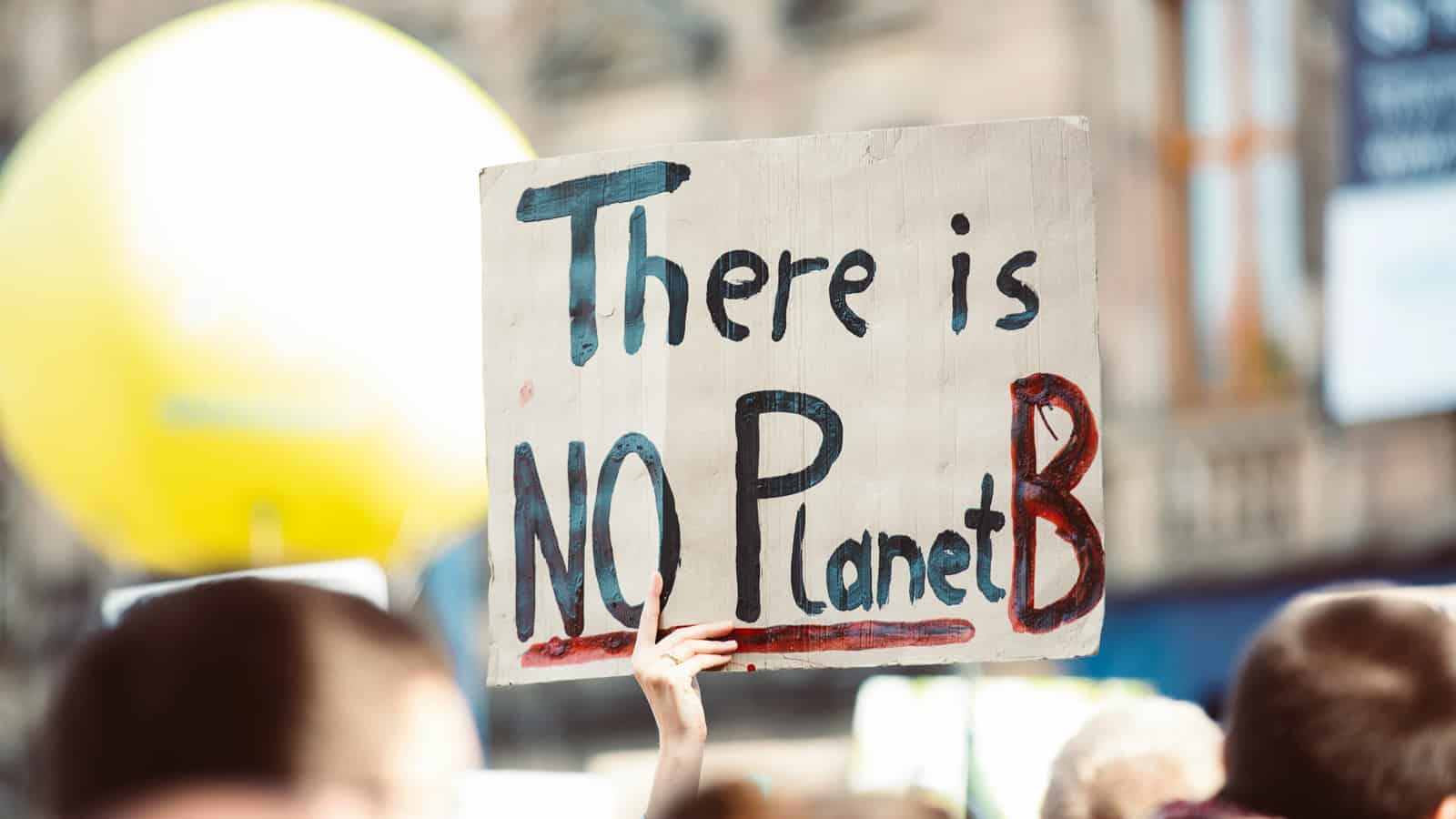


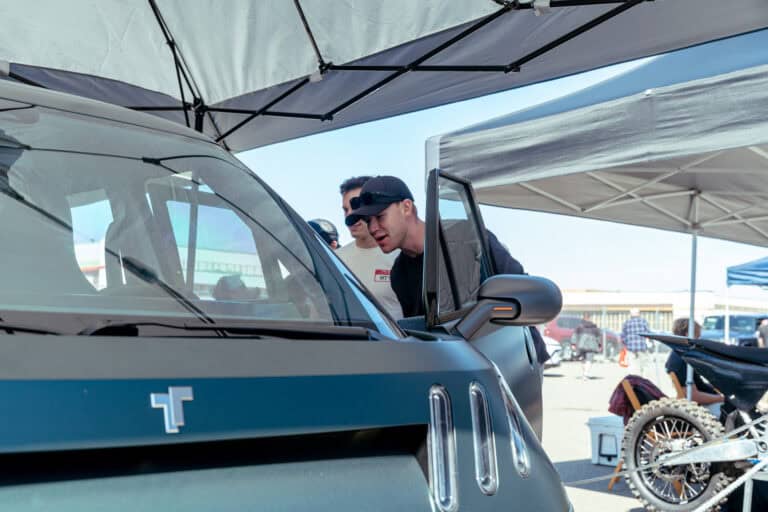

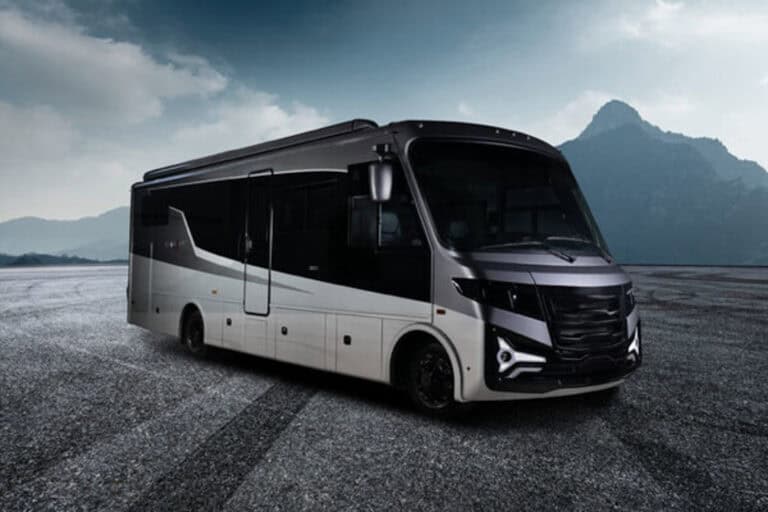


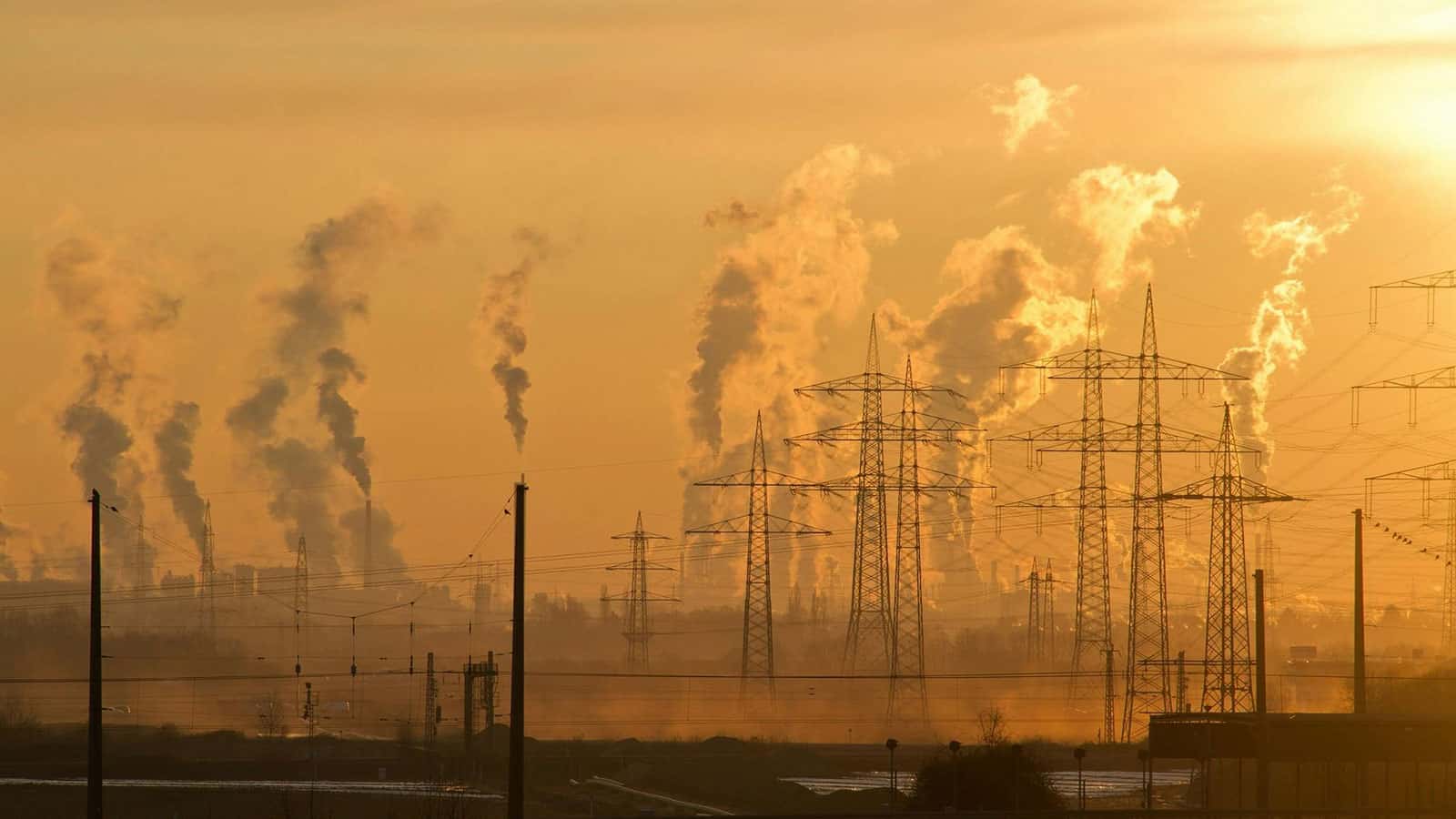
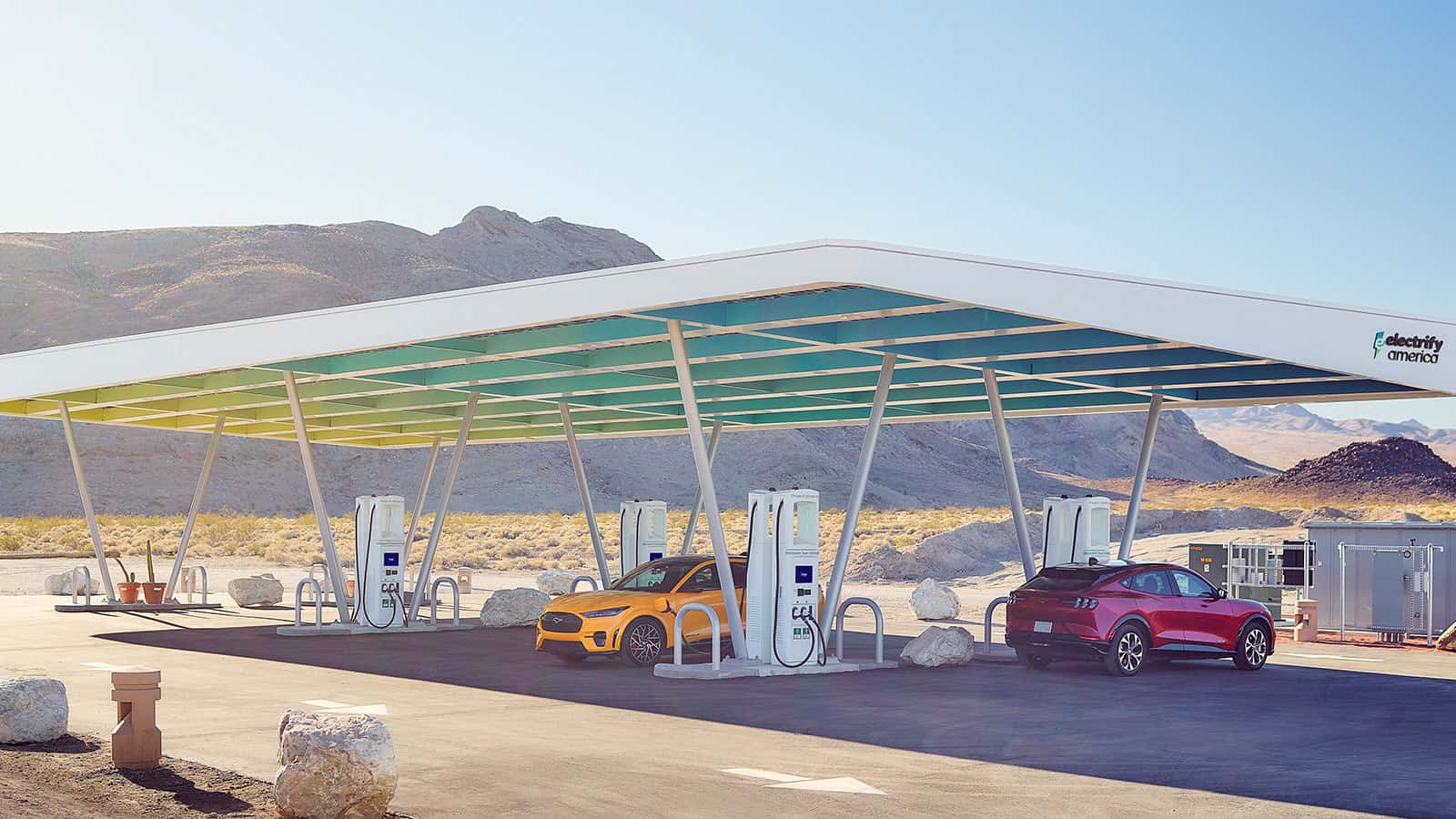
2 Responses
Your first story is about how big oil is supposedly fighting against EV expansion but then you also have a story about Shells big plan for EV charging.
There is a complete disconnect between the EV extremists and the anti EV extremists. Electrify News seems to play up their side whilst trumping up the anti EV rhetoric for people or organizations for your own benefit. The truth lies in the middle where the world infrastructure isn’t ready for what Big Governments are pushing and so called Big Oil is simply saying, Yawl got to slow down a bit, ease into it so everyone and everything can catch up..
As an F150 Lightning and Tesla owner I can tell you this from my experience. in lack of reliable and ample charging while traveling.
infrastructure is a problem, but if we don’t have EV’s they won’t build the infrastructure (cars existed before gas stations) now they need to push out more chargers – there isn’t even signs in most places telling you can exit to charge – and many EV charging locations are crappy, around blind corners or sections of the parking lot that aren’t safe to pull in and out of, much less not covered.